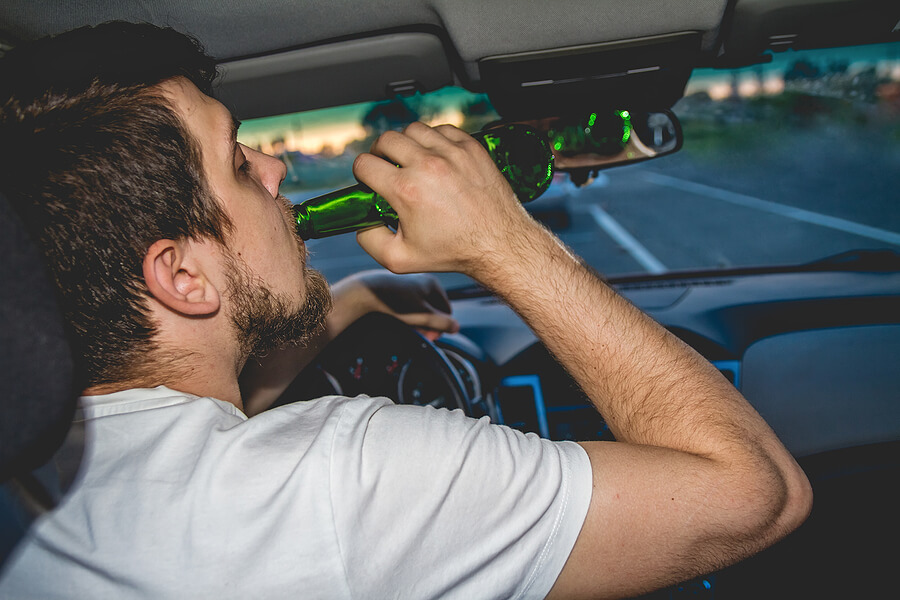Drunk driving puts your life and the lives of others at risk, and worse, you can be sent to jail. In Texas, drivers are considered to be intoxicated when blood alcohol content reaches 0.08%. The Lone Star State saw more car accidents caused by alcohol than any other state in 2019, with 24,617 DWI automobile crashes.
Law enforcement agencies are cracking down and have instituted several programs to fight what can only be called an epidemic of drunk driving. There are awareness campaigns aimed at decreasing the number of crashes for Spring Break, during football season, and on holidays like New Year’s Eve, but that still has not been enough to reduce the alarming statistics and protect drivers from harsh penalties.

DWI FAQs
Penalties differ depending on whether it’s your first, second, or third offense. The third offense is treated like a felony, while the first and second offense are considered lesser crimes.
- First offense – a maximum $2,000 fine and 180 days in jail
- Second offense – a maximum $4,000 fine and between one month to one year in jail
- Third offense – $10,000 fine and between two and 10 years in prison
The preceding list does not include state fines that are assessed upon sentencing and range between $3,000 and $6,000. Driving while intoxicated is certainly expensive and can ruin your life, personally and professionally. So is it possible to beat a DWI charge?
Legal Maneuvering
Skilled DWI lawyers have multiple ways to get you out of trouble by employing tactics like identifying reasonable doubt or finding flaws in evidence that’s needed to convict you. Errors in police reports, inaccurate breathalyzer tests, medical conditions that may have led to the accident, or any faux pas in police procedure can be used to help you win your day in court.
Checkpoints
DWI, or safety, checkpoints are popping up all over and are usually found on very busy roads. Police will stop every car or use a method that is pre-approved for stopping certain cars randomly. In Texas, these checkpoints do not have to be publicized, so you never know when you’re going to drive up on one.
A good lawyer knows that there are a few things the police cannot ask you, and if they do, their conduct may come into question. For example, if pulled over, you are under no obligation to reveal where you are driving from or going to or inform the cops of exactly how many drinks you may have had. Law enforcement officers must follow strict rules at checkpoints and if they do not follow the procedure exactly, it works in your favor.
Suspicion of DWI Arrest
Here, the police have the burden of proving that they had a valid reason to stop you in the first place. Were you crossing over the centerline or speeding? And can that be proven beyond reasonable doubt?
Breathalyzers and Blood Tests
Your lawyer can check to make sure that the breathalyzer was administered properly. For example, checking if the breathalyzer machine was calibrated properly. Blood tests are also sometimes processed incorrectly, and therefore, can be used in court as evidence to prove your innocence.
Fight to Win
It is advised that anyone that has been arrested work with an expert in DWI law. If you’re accused of a DWI, witnesses like toxicologists can be called in, your rights at the time of the arrest will be carefully examined, as well any evidence that supports your case so you can make sure that your freedom and rights are protected.


